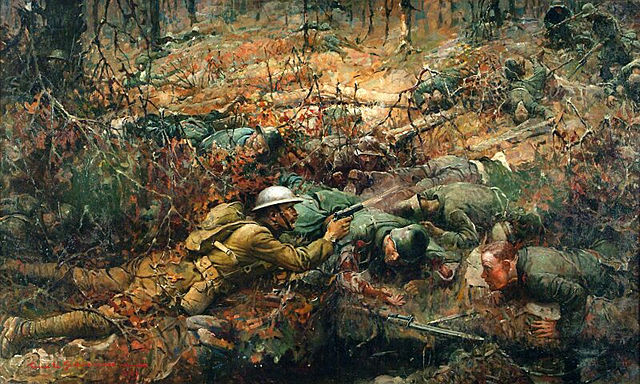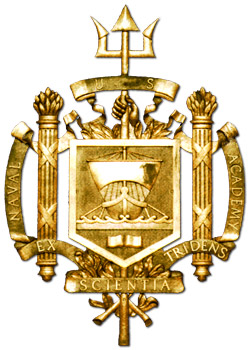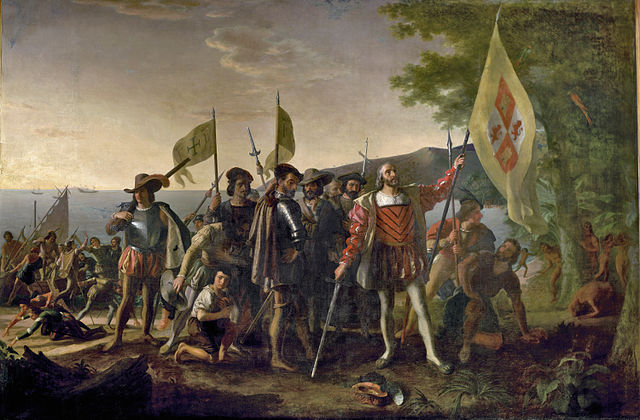There is always much to learn from quotes and their historical significance. Read on for a collection of quotes and general history from October 6th – 12th.

October 6, 1927
“Silent films did not disappear overnight, nor did talking films immediately flood the theaters…. Nevertheless, 1927 remains the year that Warner Bros. moved to close the book on the history of silent pictures, even if their original goal had been somewhat more modest.”
– Richard Koszarski
On October 6, 1927, “The Jazz Singer” was released as the first feature-length film with a synchronized soundtrack. Its release marked the end of the silent film era and precipitated the rise of sound films, or “talkies”. “The Jazz Singer”, based on Samson Raphaelson’s short story “The Day of Atonement”, is about a young man who defies his family’s religious traditions to become a jazz singer. Produced by Warner Bros., the film helped save the now-famous studio that was experiencing financial trouble at the time. The film was ranked #90 on a list of best American films of all time by the American Film Institute in 1998!
October 7, 1571
“This Turkish defeat stopped Ottomans’ expansion into the Mediterranean, thus maintaining western dominance, and confidence grew in the west that Turks, previously unstoppable, could be beaten.”
– Paul K. Davis, Historian
The Battle of Lepanto, one of the largest naval battles in history, took place on October 7, 1571. Fought between the Ottoman Empire and the Holy League, a coalition of European Catholic states, in the Gulf of Patras near modern-day Greece, the Holy League’s victory marked the turning point of Ottoman expansion into the Mediterranean. Nearly 500 ships and 150,000 men were involved in the battle with the Ottoman Empire suffering the majority of the approximately 50,000 deaths and 250 ships lost. In addition to the significance of Western Europe maintaining power, Lepanto was also the last major battle between mostly rowing vessels before the beginning of the “Age of Sail”.

October 8, 1918
“Caught by the enemy in the cove of a hill in the Forest of Argonne, he did not run; but sank into the bushes and single-handed fought a battalion of German machine gunners until he made them come down that hill to him with their hands in air. There were one hundred and thirty-two of them left, and he marched them, prisoners, into the American line.”
– Sam K. Cowan, “Sergeant York And His People” (1922)
During World War I on October 8, 1918, American soldier Alvin C. York took a German machine gun position, single-handedly killing at least 25 and capturing 132. During York’s assault, six German soldiers charged him with bayonets but he was able to shoot all six with his pistol before they reached him. Shortly thereafter, the German officer in command emptied his pistol trying to kill York but, failing to injure him, offered to surrender. Upon returning to the American lines with the prisoners and seven remaining men from his unit, he was promoted to Sergeant York, by which he is commonly known. For his heroics, York was awarded the Medal of Honor and nearly 50 other decorations. When awarded the Croix de Guerre, French Marshal Ferdinand Foch said: “What you did was the greatest thing accomplished by any soldier of all the armies of Europe.”

The 1941 film about York’s life, “Sergeant York”, was the highest-grossing film of that year and remains high on the all-time list when adjusted for inflation. Based on York’s diary, “Sergeant York: His Own Life Story and War Diary”, the film was often shown during WWII to grow support for the war effort. Sometimes young men would even go straight to the military enlistment office from the movie theater. In 2003, the American Film Institute ranked Alvin York #35 in its top 50 heroes in American Cinema!
October 9, 1799
“Sir, It is with extreme pain that I have to state to you the melancholy fate of H.M.S. Lutine, which ship ran on to the outer bank of the Fly [an anglicization of ‘Vlie’] Island passage on the night of the 9th inst. in a heavy gale of wind from the NNW… I shall use every endeavour to save what I can from the wreck, but from the situation she is lying in, I am afraid little will be recovered.”
– Captain Nathaniel Portlock
On October 9, 1799, the HMS Lutine sank during a storm in the West Frisian Islands off the Dutch coast while carrying about £1.2 million in bullion and coin. The gold on board was insured by Lloyd’s of London, which paid the full claim and thus owns the wreck. They’ve authorized many salvage attempts over the years but little has been recovered due to the shifting sandbanks. One of the items that was recovered, the Lutine Bell, hangs in the Underwriting Room at Lloyd’s and is used for ceremonial purposes. Today, the wreck is likely worth more than $125 million (£100 million)!
October 10, 1845
“The seal or coat-of-arms of the Naval Academy has for its crest a hand grasping a trident, below which is a shield bearing an ancient galley coming into action, bows on, and below that an open book, indicative of education, and finally bears the motto, ‘Ex Scientia Tridens’ (From knowledge, sea power).”
– Park Benjamin, Jr.

The United States Naval Academy in Annapolis, Maryland opened on October 10, 1845. As the second oldest of the five U.S. service academies, students are trained primarily for commissioning into the Navy and Marine Corps as officers. To be admitted to the academy, candidates must both apply and receive a nomination, typically from a Member of Congress. Once accepted, tuition is covered by the Navy in exchange for an active duty service obligation after graduation. The entire 338-acre Naval Academy Campus, known to students as “the Yard”, is now recognized as a National Historic Landmark.
October 11, 1521
“Whoever leads an auspicious life here and governs the commonwealth rightly, as my most noble father did, who promoted all piety and banished all ignorance, has a most certain way to heaven.”
– Henry VIII of England
On October 11, 1521, King Henry VIII of England and Ireland was named “Defender of the Faith” by Pope Leo X. The title was awarded in recognition of Henry’s book “Assertio Septem Sacramentorum”, or “Defense of the Seven Sacraments”, which defended marriage and the supremacy of the Pope. Ironically, several years later in 1530, Henry led the English Reformation establishing himself as the head of the Church of England. Pope Paul III deemed this as an attack on “the Faith” and revoked the title. However, English Parliament again awarded the title to Henry VIII and all subsequent English Monarchs as the defenders of the Anglican faith; except Mary I who pushed a return to Catholicism.
October 12, 1492
“I have come to believe that this is a mighty continent which was hitherto unknown.”
– Christopher Columbus
On October 12, 1492, Christopher Columbus made landfall in the New World. Landing somewhere in the Bahamas, Columbus initially believed he had reached the East Indies where he hoped to profit from the spice trade. However, after visiting other Caribbean islands and the coast of Central and South America, he began to recognize America as a new continent. After establishing the colony of La Navidad in present-day Haiti, Columbus returned to Europe where word of his discoveries quickly spread. Columbus’s expeditions began the period of exploration, conquest, and colonization known as the Age of Discovery. Today, Columbus Day, sometimes changed to Indigenous People’s Day, is observed each second Monday of October.


In case you missed last week’s quotes, see History September 29th – October 5th.
To never miss a Quill Quotes post, please subscribe via email and/or follow us on social media!






Leave a Reply